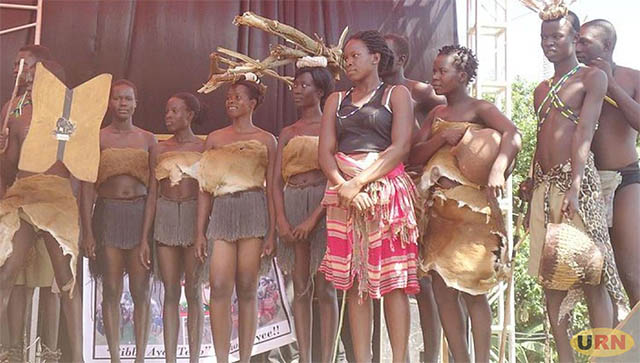
Pader, Uganda | THE INDEPENDENT | Elders in Pader district have raised concern over the traditional practice requiring families to pay a bride price for a woman if she dies before her full bride price has been paid.
The elders argue that the custom, deeply embedded in Acholi cultural norms, is causing emotional distress for many families, especially children, who find themselves caught in traumatic situations.
Under Acholi tradition, when a woman dies at her in-law’s home before her bride price is fully paid, her burial cannot take place until the payment is completed. This expectation has sparked growing alarm in the community.
Jenifer Apio, the Chairperson of the Women’s Council in Pader district, highlighted the emotional toll that these excessive and sometimes forcefully enforced bride price demands are having on families. She called on clan leaders, elders, and cultural authorities to reconsider this practice, advocating for a more reasonable and accessible approach that would consider the well-being of all families within Acholi land.
“Marriage creates a conducive environment for a woman and makes her feel loved in her husband’s clan,” said Apio, emphasizing the need for fairer practices that protect the emotional health of families, especially children, who often become victims of these cultural practices.
Francis Opobo, a resident of Ajan sub-county, shared his trauma, recalling his experience of being forced to marry his deceased wife’s body. Despite not having completed the bride price before her death, he was pressured to pay 2 million Shillings. This ordeal, he said, caused immense emotional strain for his family, particularly for his children.
“Such cultural practices add no value to life; they only antagonize the living,” Opobo lamented, adding that such customs should be abandoned.
Benard Ongaya, an elder, also voiced concerns over the erosion of respect within the Acholi community, particularly due to the increasing use of violence to enforce bride price payments for deceased women. He stressed the need for better education on Acholi norms to avoid such violence and preserve the respect that once defined their communities.
“We used to be seen as one of the most respected tribes in Uganda, but things have changed due to the influence of Western cultures,” Ongaya said. “This has resulted in children with unknown manners, which is causing harm to our communities.”
Chief Orik Francis Apwaa, a cultural leader from Pader, acknowledged that the bride price for a deceased woman had been a longstanding tradition, but clarified that it was typically paid peacefully. He emphasized the importance of clan leaders addressing such matters more harmoniously and recommended that men pay the bride price before bringing their wives home.
“When a woman dies before the bride price is fully paid, it should not mean the entire clan goes to her husband’s place to demand payment for her dead body,” Orik stated. “This should be handled by the clan leaders or a few family members.”
In 2022, Acholi cultural leaders revised their marriage constitution and set a maximum bride price of 5 million Shillings for a traditional marriage, starting at 3 million Shillings, 6 cows, and 3 goats, alongside other customary items. However, no maximum amount has been set for cases involving deceased women, leaving room for excessive and harmful demands.
This call for a revision of the practice comes at a time when the community is grappling with the emotional consequences for families, especially children, and the overall unity of the Acholi community. The hope is to establish a more compassionate approach to preserving tradition without inflicting unnecessary harm.
 The Independent Uganda: You get the Truth we Pay the Price
The Independent Uganda: You get the Truth we Pay the Price



